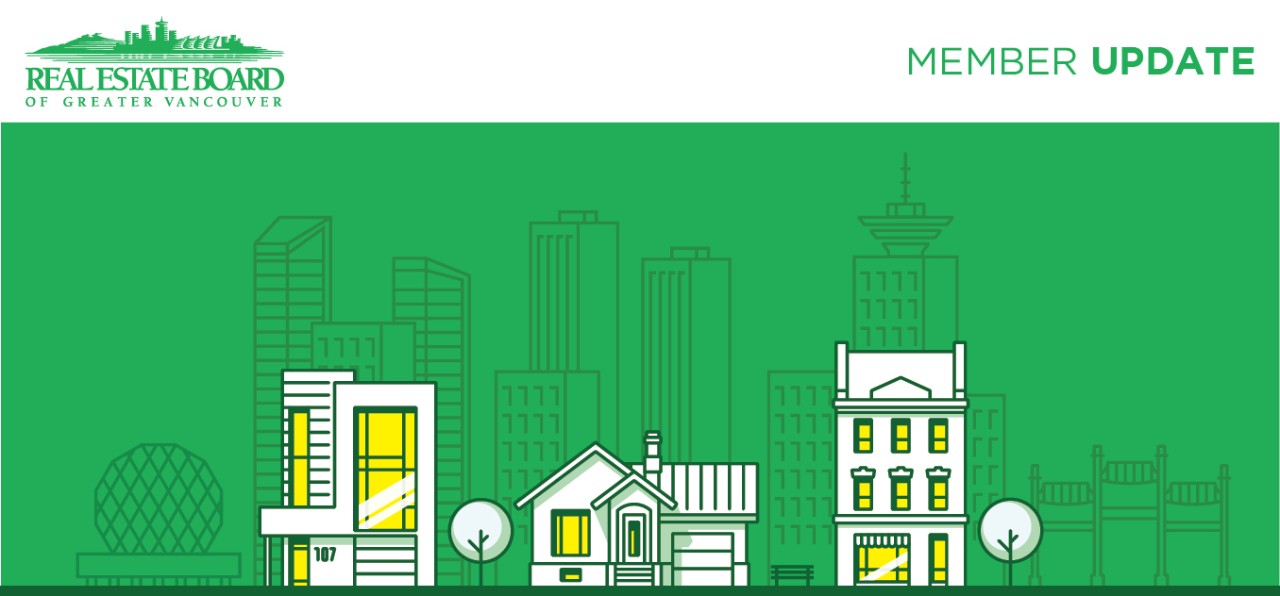- Home
- Newsletter
- Member Update Emails
- Member Update July 24, 2020
Member Update July 24, 2020

Federal government redesigns Canada Emergency Wage Subsidy
This week the federal government approved a redesign of the Canada Emergency Wage Subsidy (CEWS) to broaden the program’s reach.
The redesign:
- extends the program until December 19, 2020;
- allows entities that use the cash method of accounting to use accrual-based accounting to compute their revenues;
- makes the subsidy accessible to a broader range of employers by including employers with a revenue decline of less than 30 per cent and providing a gradually decreasing base subsidy to all qualifying employers; and
- introduces a top-up subsidy of up to an additional 25 per cent for employers that have been most adversely affected.
If you have employees, like unlicensed assistants or office staff, make sure to review the new requirements to see if you qualify.
You can find out more about the CEWS, including information on who qualifies, at the CEWS application website.
How to create a successful virtual listing presentation, showing, and open house
The provincial government is emphasizing REALTORS® must keep in-person contact to no more than 65 per cent of pre-COVID-19 interactions. And with fewer clients interested in meeting in-person but who still want to sell their homes, it’s more important than ever to create and deliver an effective listing presentation and market homes without conducting physical open houses or showings.
All this means you'll want to take every opportunity to use technology to reduce in-person contact, and you can still provide your clients with real estate services and market their home using an array of tools. Virtual listing presentations, showings, and open houses are effective for protecting you and your clients during the COVID-19 pandemic.
To help you, we’ve developed several pre-recorded webinars to answer your questions about how to do virtual listing presentations, showings, and open houses. These short, easy-to-follow segments cover all the basics you’ll need to get started.
Click here to access these resources.
Be aware of recent scams targeting REALTORS®
Members have reported receiving scam text messages and emails that you should be aware of.
A person who goes by the name ‘Alan’ or ‘Alan Heung’ has been sending text messages to members, expressing an interest to buy multiple properties. He offers cash bonuses and references that he ‘found your contact on REW.’ When pressed to reveal more about his identity, he stops responding.
Messages where the sender is evasive about their identity and is making claims about cash bonuses are typically signs of a scam.
Last week, we alerted members to a phishing email scam where members received what appears to be link to a PDP course but is, in fact, a bogus link.
The link ends in rsgsv.net and not rebgv.org, which is an obvious sign of a phishing scam. The course is also advertised to start at 11:51 a.m., which isn’t a typical start time for our courses.
If you receive an email that looks like this, please delete it right away. Here’s more information about phishing scams.
Real estate scammers tend to become more active when the market is more active. Remember, always trust your gut. If a message feels strange, be vigilant, look for red flags, and proceed with caution.
Register for a free webinar on converting vacation rentals to long term tenancy
LandLordBC is hosting a webinar, Landlord Basics: Vacation Rentals to Residential Tenancies, on Wednesday July 29 that focuses on educating vacation rental owners on how to transition to a long-term residential tenancy.
In the wake of COVID-19, many Airbnb owner operators are exploring the option of converting their vacation rentals to long term residential tenancies.
There are specific rules and regulations surrounding residential tenancies. This webinar will help landlords looking to enter that business to understand their obligations under the Residential Tenancy Act.
This webinar is free to attend. Click here to register.
